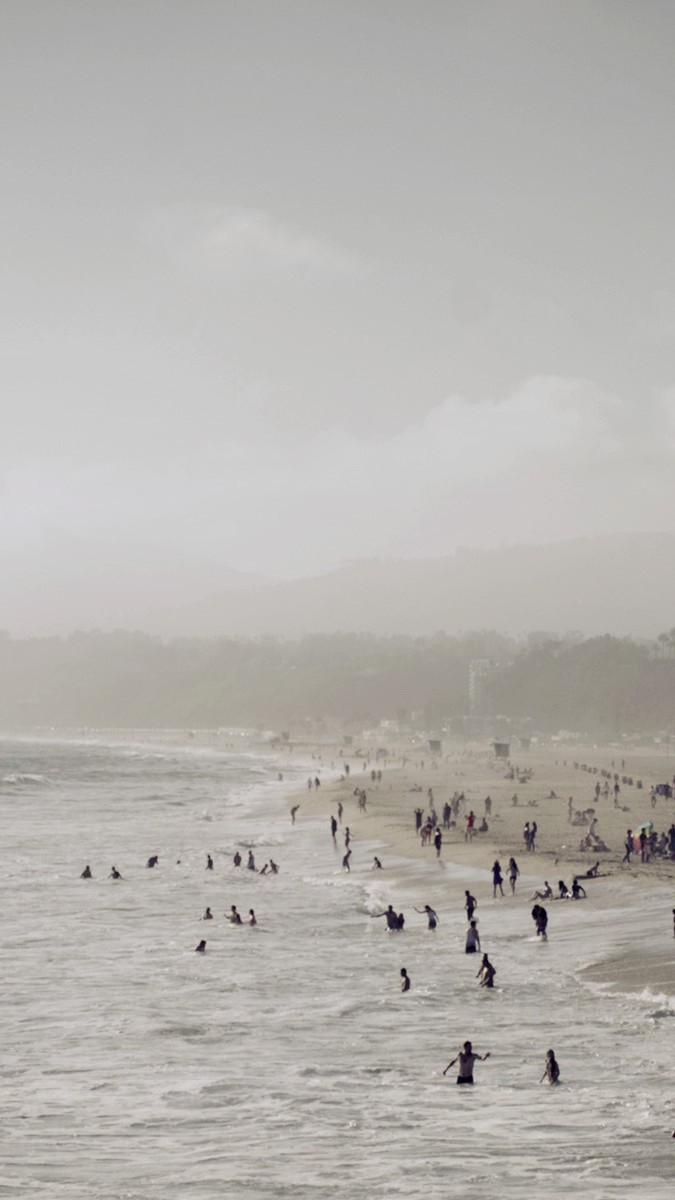
IS THIS 'THE FUTURE OF WIPING?' HYBA TAKES ON THE FATBERG

IS THIS 'THE FUTURE OF WIPING?' HYBA TAKES ON THE FATBERG
Flushable wipes have spawned class-action litigation, a controversial law in Washington, D.C., a giant sewer clog in London known as "The Fatberg," and now an ad showing what looks like the hand of a Star Wars imperial storm trooper rising from the toilet.
The last on the list is for a product known as Hyba Advanced Personal Cleansing System is a contraption that combines extra-sturdy toilet paper with a touchless water spritzer. It's billed as "the future of wiping," from the people who bring you Quilted Northern, which also once advertised Rustic Weave Artisinal Toilet Paper for April Fool's Day.
But this is serious business from Georgia-Pacific, a unit of Koch Industries, aimed at a problem blamed for infamous London "Fatberg" of 2015 – a 10-ton blob largely of undissolved wipes and grease that clogged the London sewers.
Since June, G-P quietly has been selling Hyba on Amazon using tame infomercial-style ads. Now Hyba isn't so quiet, with new ads from new agency Wolfgang L.A. that are among the strangest ever for toilet paper. That includes one where a hand clad in a bulky plastic astronaut glove emerges from a glowing toilet to show introduce the system to a startled man.
Two others contrast old-fashioned toilet paper to advanced electric razors and facial-cleansing tech, using the tagline "Spray hello to the future." Another shows a creepy plumber plunging a toilet while asking an embarrassed woman on a date, with the tagline "Better than wipes for your pipes."
With Wolfgang, Hyba is trying something "a little more disruptive to get people's attention," says Kirsten Hadley, senior brand director at G-P. "We're asking consumers to change a regimen they've been doing their entire lives."
Many people "don't feel they get clean enough using bath tissue alone," Hadley says. But those who've turned to flushable wipes are "worried about what's going to happen to their system when they flush them, or they're not flushing them at all. They're wrapping them and putting them in a waste bin," she says.
The Hyba system itself is $39.99; Hyba toilet paper refills go for $25.22 for 24-count packs. There is also a "cleansing spritz" that goes for $11.99 per three bottles of refill.
Meanwhile, the flushable wipes industry has other problems on its hands. In federal court in New York, Kimberly-Clark Corp., Procter & Gamble Co. and Costco have been duking it out with class-action plaintiffs for three years over a lawsuit claiming their Cottonelle, Charmin and Kirkland flushable wipes shouldn't really be flushed, because they can clog sewers.
K-C filed suit last month in federal court to block a Washington, D.C., law requiring wipes be labeled flushable only if they break down in a yet-unspecified "short period of time." The company says Washington is unconstitutionally attempting to impose law beyond its borders and treading on its First Amendment right to call wipes flushable when it believes they are.
Hyba's toilet paper breaks down better in sewers than wipes, Hadley says. But at least one watchdog isn't so sure. Rob Villee, also known as "The Lord of the Wipes" for his extensive testing of flushable wipes and industry conference appearances, is pushing back.
The executive director of the Plainfield Area Regional Sewage Authority in New Jersey, Villee says he got pitched by Amazon on Hyba shortly after it was introduced, because he buys so many wipes to test. But he found Hyba's three-ply toilet paper doesn't break down much faster in water than the most "dispersible" wipes already on the market. He suggests G-P and others instead try licensing numerous Japanese wipes that break down as fast as toilet paper
Hyba is made from the "same family of materials, in a unique comfiguration, as all bath tissues on the market," a G-P spokeswoman says. It is, she says, "designed to disperse more rapidly than the market leader in moist flushable wipes, using the widely accepted slosh-box disintegration test standard" from the Association of the Nonwoven Fabrics Industry (INDA).
Read the full article here


